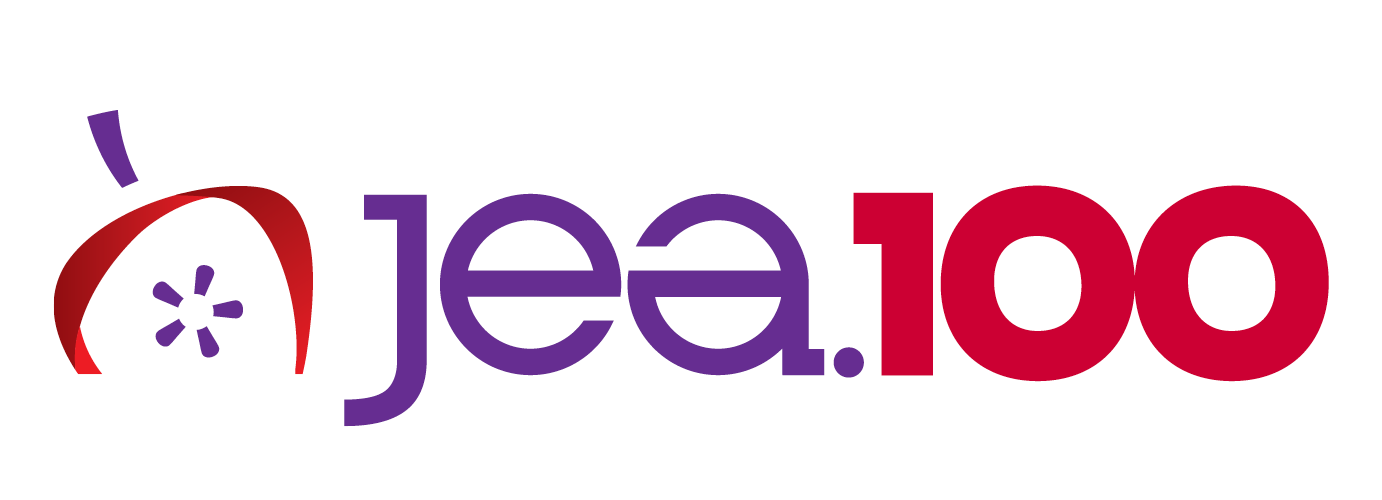7 resolutions for journalism teachers

Typically, we set New Year’s resolutions to improve our health or habits. For 2021, the Journalism Education Association recommends seven resolutions to boost your professional development and enhance your classroom.
1. Bring a professional journalist to your classroom
Interested in having an industry professional speak to your students? The #Press4Education initiative brings professional journalists directly to your students through free classroom visits coordinated by the Journalism Education committee from the Society of Professional Journalists. Whether you’re looking to provide students with skills beyond your own area of expertise or just want to expose your students to new and different voices within the industry, you can complete this form to request a virtual classroom visit.
2. Encourage a senior to apply for Journalist of the Year
Journalist of the Year is a scholarship competition for outstanding scholastic journalists across the country. Review the judging rubric online to help guide a high school senior to apply for your state’s Journalist of the Year award. Winners from each state qualify for national competition. Most state applications are due in February.
3. Participate in Scholastic Journalism Week
Scholastic Journalism Week is Feb. 21-27 highlighting “What We Do Matters.” Use this week to promote your student publication programs within your community. It’s also a good time to start recruiting students for next year’s staffs. JEA has a long list of activities you can incorporate before, during and after #SJW2021.

4. Enroll in critique training
Did you ever wonder who judges all those student publication contests? It’s journalism teachers just like you. Successful critiquing and judging requires more than knowing journalistic rules and having an opinion. JEA created a short course “Critique training: You be the judge” to help teachers develop skills and knowledge of the critiquing process. The course is free and takes less than two hours.
5. Pursue CJE or MJE certification
JEA certification is the standard of excellence in the profession. Certified Journalism Educators test for exceptional knowledge of scholastic journalism. On the next level, Master Journalism Educators demonstrate a lifelong commitment to the field. Earning CJE and MJE status shows you are passionate about your craft, and you are one of the best. Both certifications require testing and documentation of professional activities.
6. Become a mentor
If you had a strong teaching mentor, or you didn’t — but wish you would have had one — then it’s time for you to pick up the torch to assist a new journalism teacher. Mentors provide support, guidance and serve as a model of success for teachers early in their career. Start the process now to become a mentor for the 2021-22 academic term.
7. Join JEA
If you are not yet a member of JEA, now is the time to join. JEA is an organization for journalism teachers and media advisers. While other scholastic journalism associations provide support and contests for student publications, JEA supports teachers through curriculum resources, mentoring programs, a national networking community and more. Membership is $65 annually and you can join at any time.
Founded in 1924, JEA supports free and responsible scholastic journalism by providing resources and educational opportunities, promoting professionalism, encouraging and rewarding student excellence and teacher achievement, and an atmosphere which encompasses diversity yet builds unity. It is headquartered at Kansas State University, Manhattan, Kansas.
